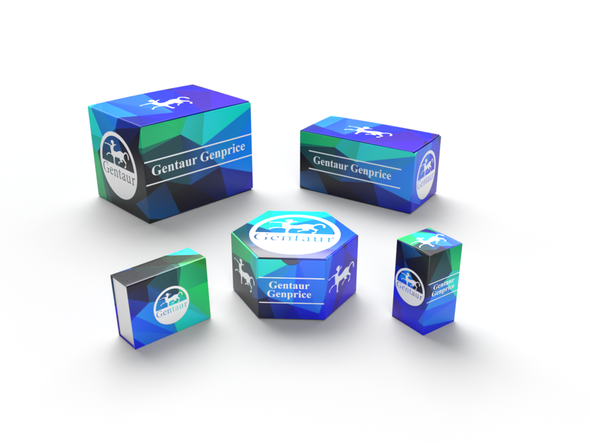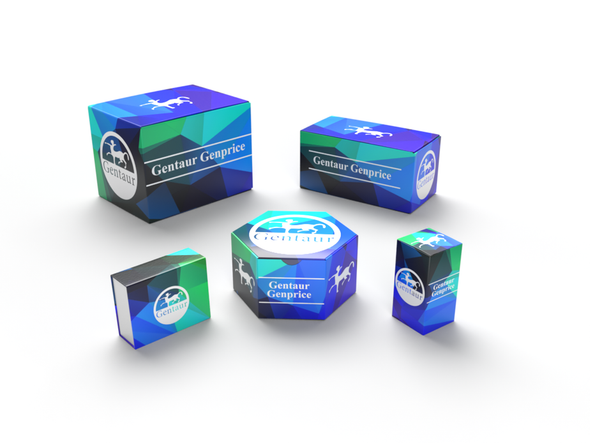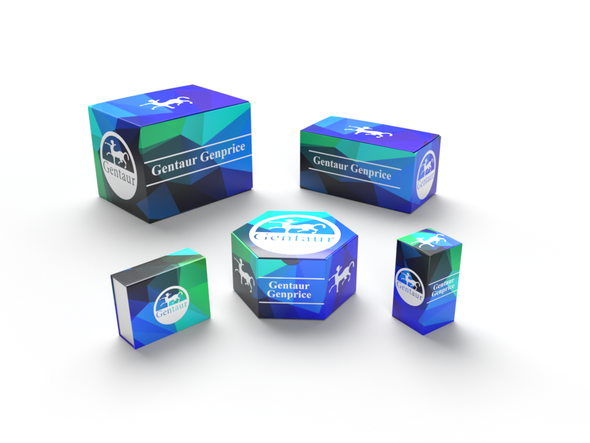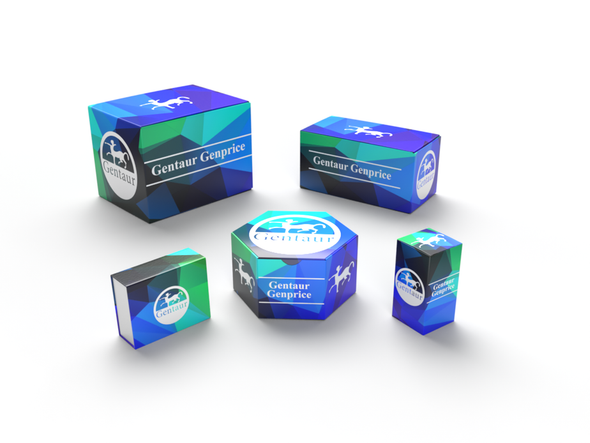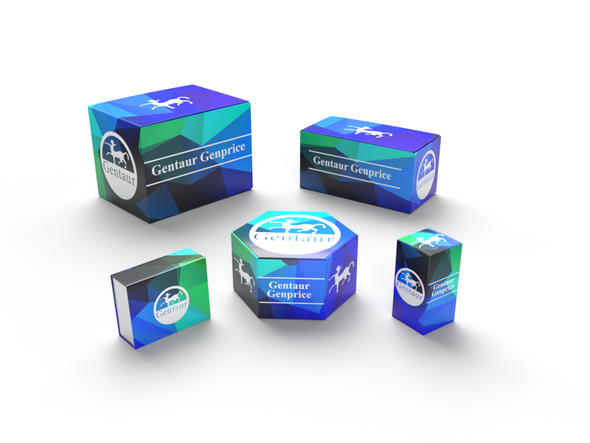Description
Rat Anti-Mouse CCL-2 Antibody | 103-M325 | Gentaur UK, US & Europe Distribution
Species: Anti-Mouse
Host / biotech: Rat
Comment: N/A
Label: N/A
Clone / Antibody feature: (#11K27)
Subcategory: Monoclonal Antibody
Category: Antibody
Synonyms: Ccl2; JE; HC11; MCAF; MCP1; MCP-1; Scya2; Sigje; SMC-CF; AI323594
Isotype: IgG2
Application: WB, N
Detection Range: N/A
Species Reactivity/Cross reactivity: Mouse
Antigen: recombinant mouse CCL-2
Description: Mouse CCL2 is a member of the β (CC) subfamily of chemokines. The mouse CCL2 gene was initially identified as a plateletderived growth factorinducible gene in mouse fibroblasts. Mouse CCL2 cDNA encodes a 148 amino acid (aa) residue with a putative 23 aa signal peptide that is cleaved to generate the mature protein. Mouse CCL2 shares 82% amino acid sequence identity with rat CCL2. Mouse CCL2 also shares 55% amino acid sequence identity with human MCP1. Compared to human MCP1, mouse CCL2 has a 49 aa residue extension at the carboxyterminus. When a DNA sequence encoding the 125 aa residue of the mature CCL2 protein was expressed in E. coli at R&D Systems, the purified protein had the predicted N-terminus but a mass of 8525 Da. The truncation of most of the C terminal extension could be due either to purification artifact or to posttranslational modification. The truncated recombinant CCL2 has a potency similar to that of human MCP1 in the monocyte chemotaxis assay. Mouse CCL2 has full activity on human cells while human MCP1 has limited activity on mouse cells.
Purity Confirmation: N/A
Endotoxin: N/A
Formulation: lyophilized
Storage Handling Stability: Lyophilized samples are stable for 2 years from date of receipt when stored at -20°C. Reconstituted antibody can be aliquoted and stored frozen at < -20°C for at least six months without detectable loss of activity.
Reconstituation: Centrifuge vial prior to opening. Reconstitute the antibody with 500 µl sterile PBS and the final concentration is 200 µg/ml.
Molecular Weight: N/A
Lenght (aa): N/A
Protein Sequence: N/A
NCBI Gene ID: 20296


